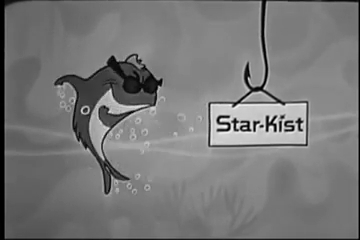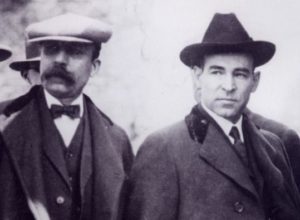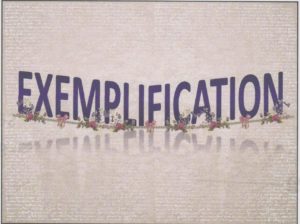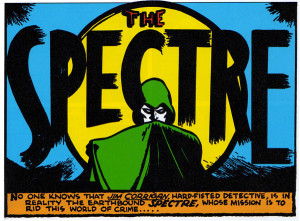 In St. Joseph Abbey v. Castille, 712 F.3d 215 (5th Cir. 2013), the Fifth Circuit struck down a state-law restriction on the sale of funeral caskets by a monastery, finding that the state had no rational basis for that restriction. Cautious about encouraging similar challenges to economic regulation, the Court warned: “Nor is the ghost of Lochner lurking about. . . . We insist only that Louisiana’s regulation not be irrational—the outer-most limits of due process and equal protection . . . . ”
In St. Joseph Abbey v. Castille, 712 F.3d 215 (5th Cir. 2013), the Fifth Circuit struck down a state-law restriction on the sale of funeral caskets by a monastery, finding that the state had no rational basis for that restriction. Cautious about encouraging similar challenges to economic regulation, the Court warned: “Nor is the ghost of Lochner lurking about. . . . We insist only that Louisiana’s regulation not be irrational—the outer-most limits of due process and equal protection . . . . ”
The recent case o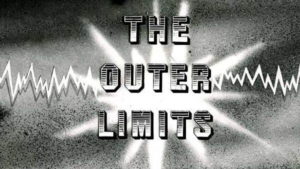 f Reyes v. North Texas Tollway Authority confiirms that if the ghost of Lochner chooses to lurk on Dallas-area tollways, it will have to pay its toll charges timely. It found that the NTTA’s system for charging late fees has a rational basis in both its legitimate need to recover collection costs and desire to encourage the use of TollTags, and concluded: “The Zip Cash system with its challenged fees is the type of novel policymaking for which the limited scrutiny of rational basis review is most justified. . . . The political process may continue to fine tune toll collection, but that is not the Due Process Clause’s role to play.”
f Reyes v. North Texas Tollway Authority confiirms that if the ghost of Lochner chooses to lurk on Dallas-area tollways, it will have to pay its toll charges timely. It found that the NTTA’s system for charging late fees has a rational basis in both its legitimate need to recover collection costs and desire to encourage the use of TollTags, and concluded: “The Zip Cash system with its challenged fees is the type of novel policymaking for which the limited scrutiny of rational basis review is most justified. . . . The political process may continue to fine tune toll collection, but that is not the Due Process Clause’s role to play.”
In so doing, the Court clarified a sometimes-confusing principle about the legal standard: “[G]overnment action that applies broadly gets rational basis [review]; government action that is individualized to one of a few plaintiffs gets [‘]shocks the conscience[‘] review.” No. 16-10767 (June 27, 2017).
